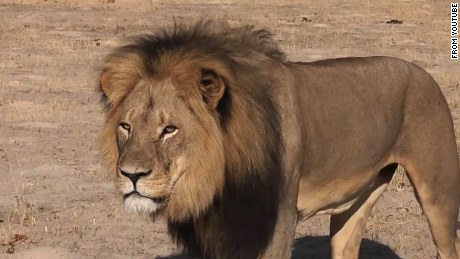Many of us see penguins in zoos all over the world, others are lucky enough to see them in the wild. That's what one lucky London Zoo keeper got the chance to do in a TV documentary titled: Meet the Penguins. He's spent his career working with the Humboldt penguins yet never seen them in the wild, so he headed off to the wilds of Peru to catch a glimpse of the Penguins he'd spent his career working with roaming around their natural habitat.
 The problem of keeping penguins in enclosed areas, as the same with any animal, they become reliant on their keepers so it's about getting the balance between care and maintaining their natural instincts. One place where this was particularly evident was the fact that in London the keepers have to feed the penguin's chicks but in Peru they've developed their penguin colony so that the Penguins continue to feed their young and don't become reliant on their keepers. Surprisingly, penguins actually feed their young by regurgitating it into their mouths!
The problem of keeping penguins in enclosed areas, as the same with any animal, they become reliant on their keepers so it's about getting the balance between care and maintaining their natural instincts. One place where this was particularly evident was the fact that in London the keepers have to feed the penguin's chicks but in Peru they've developed their penguin colony so that the Penguins continue to feed their young and don't become reliant on their keepers. Surprisingly, penguins actually feed their young by regurgitating it into their mouths!
However, these birds are endangered, unfortunately they can become drowned in storms, caught up in fisheries or simply treated badly by people who want to keep penguins as pets. In fact where penguins live in protected areas like reserves they remain largely free from predators. On the most part, it's actually just the sea-lions which hold most threat for the penguins.
Thankfully, these penguins have clever adaptions which help them to outwit their predators - for example they have flippers which are so hard they act like oars which help them to out swim the sea lions. They also have webbed feet like ducks which not only helps them paddle but also to balance when they're swimming.
They then travelled to Lima, the capital of Peru - Peru's largest city sometimes called the City of Kings. They took the long journey across the rocky roads of Peru to a reserve, Punta San Juan. Punta San Juan is one of the richest marine environments on Earth. It's an amazing project which aims to deepen our knowledge of marine ecosystems and the previously unknown life of the Humboldt Penguin. Here, conservation is a number one priority, they even have a 3m high wall surrounding the reserve to make sure biodiversity is maintained. All around the reserve they also have boating restrictions to prevent damage through noise pollution and general disturbances. Even though these penguins have an unbelievable level of protection they still lead completely independent lives, For example they still leave the cliffs twice a day to look for food, on top of that they also breed in the isolation of caves at the back of the beaches or out of reach of their predators at the most extreme heights of the cliff.
The humble Humboldt penguin leads an incredible life across the world and it's these amazing people like the ones at Punta San Juan that help to unlock the secrets to the penguin.


